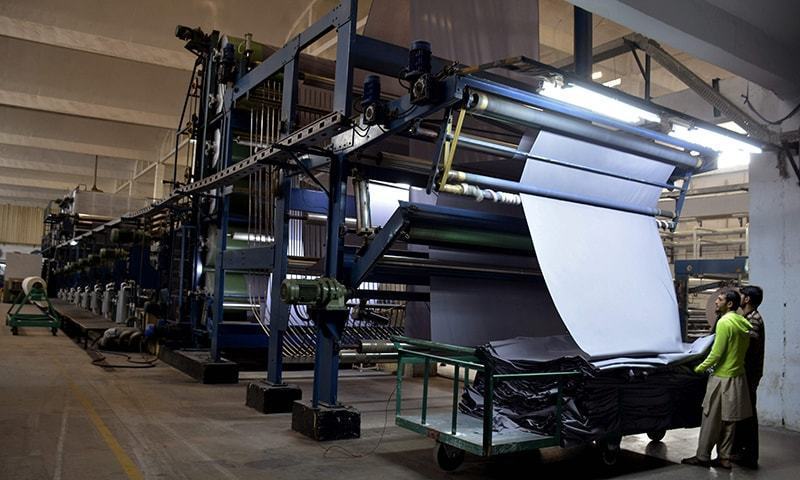ISLAMABAD: The Federal Board of Revenue (FBR) on Wednesday made it binding on all registered retailers to show price and tax separately on the price tags and menu cards to ensure depositing of deducted tax in government kitty.
The decision came at a time when retailers — especially those deals in selling of fabrics in local markets — have started charging sales tax at the rate of 17 per cent on retail price from consumers without mentioning the same on the price tag.
Since July 1, 2019, the government has revived standard rate of 17pc sales tax on domestic sales of textile, clothing, leather garments, and other leather goods. However, no sales tax is charged on exports of all these products.
Now to ensure that the sales tax collected from consumers reaches government kitty, the FBR has made it mandatory for all retailers to show prices and amount of tax separately on the price tags attached with finished fabric and locally manufactured articles of textile and textile made-ups.
The FBR introduced a new Rule 150ZEA in the Sales Tax Rules through a notification SRO353 to implement the decision.
Retailers of leather and artificial leather will also be required to show prices and amount of tax separately on the price tags attached with it.
Through another amendment in Rule 150ZB, FBR also made it mandatory for all the restaurants, bakeries, caterers and sweetmeat shops supplying prepared food, foodstuff and sweetmeats to show prices and amount of tax separately on menu cards or menu board displayed in their outlets for the end consumers.
The decision is will help FBR in monitoring and tracing of taxable activities through electronic means.
Under Rule 111 of Sales Tax, an official can order for attachment of property – coins or currency notes. However, FBR through a new rule 111A, has exempted certain properties from attachment and sales.
As per the amendment, the necessary wearing apparel, cooking vessels, beds and bedding of the defaulter, his wife and children will not be liable to attachment and sale. The provision of attachment will also not apply to such personal ornaments as in accordance with religious usage.
The tax department will not attach tools of artisans, where the defaulter is an agriculturist, his implements of husbandry, cattle and seed grains. However, the commissioner will see and assess it as to enable him to earn his livelihood.
Published in Dawn, May 7th, 2020













































